Na história do rock, poucas bandas foram celebradas e enxovalhadas como o Genesis. Como quase todo mundo sabe, a trajetória do Genesis tem fases bem distintas. A primeira é marcada pela presença cênica radical de Peter Gabriel à frente do grupo. A música do Genesis da primeira fase, que vai de 1967, ano da formação da banda, até 1975, quando Gabriel deixou o grupo inglês, é cinemática, repleta de passagens instrumentais rebuscadas e de letras incomuns que, juntas, formam narrativas assemelhadas aos sonhos e aos pesadelos. O Genesis foi, nesse primeiro momento, um dos mais bem-sucedidos proponentes do que se convencionou chamar de rock progressivo, subgênero que incorporou a riqueza formal da música erudita, a liberdade instrumental do jazz e elementos da literatura fantástica ao rock.

Os integrantes do Genesis naquele que é considerado por muitos seu período mais fértil eram Peter Gabriel nos vocais, Tony Banks nos teclados, Mike Rutherford e Steve Hackett nas guitarras e Phil Collins na bateria e nos vocais de apoio. Essa formação demarcou seu território no campinho do rock dos anos setenta com shows teatrais, nos quais Gabriel lançava mão de figurinos extravagantes para encarnar os personagens bizarros das canções do grupo. No início da carreira da banda, músicas e letras eram criadas coletivamente, embora os líderes fossem Gabriel e Tony Banks. Esses dois haviam sido colegas em uma das mais tradicionais escolas da Inglaterra, a Chaterhouse.
Peter Gabriel e Tony Banks, ainda alunos da Chaterhouse, montaram uma banda com Mike Rutherford. Os garotos da escola de elite tinham os sonhos povoados pelo sucesso artístico e comercial dos Beatles e queriam se afastar da vida regulada e respeitável que os pais e a sociedade inglesa tinham planejado para eles. Os integrantes do Genesis eram bem diferentes daqueles rapazes de subúrbio rudes, quase iletrados, que inventaram o rock nos Estados Unidos. A formação escolar rigorosa dos caras do Genesis encontrou na ousadia (ou pretensão, como queiram) do rock progressivo sua expressão definitiva.
Phil Collins entrou para o grupo em agosto de 1970 e Steve Hackett foi admitido em dezembro do mesmo ano. Os LPs do Genesis lançados na primeira metade dos anos setenta conquistaram fãs no mundo todo. Trespass, de 1970, Nursery Cryme, de 1971, Foxtrot, de 1972, Selling England by the Pound, de 1973 e The Lamb Lies Down on Broadway, de 1974, construíram a reputação artística do Genesis. Além das performances teatrais incomuns e impactantes de Peter Gabriel, outro elemento que diferenciava o Genesis de grupos progressivos concorrentes era a crítica ácida à sociedade inglesa. O Genesis da fase Gabriel foi uma das poucas bandas de prog rock a fazer sátiras políticas e sociais, ainda que de forma alegórica.
A defecção de Peter Gabriel em meados dos anos setenta foi um choque para os membros da banda, para os fãs e para a imprensa musical. Gabriel, um dos mais talentosos vocalistas e performers da história do rock, era o ponto focal do grupo, o elemento mais conhecido do Genesis. O quarteto Banks-Rutherford-Hackett-Collins decidiu levar o grupo adiante, mesmo sem sua principal atração. O título do primeiro LP do Genesis sem Gabriel, A Trick of the Tail, ou “Um truque da cauda”, é ironia dirigida aos que consideravam os músicos da banda como figuras subalternas ao ex-vocalista. Lançado em fevereiro de 1976, A Trick of the Tail foi muito bem recebido pelos fãs e apresentou ao mundo o novo vocalista do Genesis, o baterista Phil Collins, que tinha timbre vocal semelhante ao de Peter Gabriel, embora mais anasalado.
Ainda em 1976, mais precisamente em dezembro daquele ano, o Genesis publicou o segundo LP como quarteto,Wind and Wuthering, outro disco bem recebido pelos fãs. Os críticos de rock da época tinham suas reservas em relação ao grupo inglês e ao rock progressivo em geral. 1976 deu à luz o punk inglês, fenômeno cultural que defendeu a volta do rock agressivo, rebelde, primitivo e mal-educado e que demonizou os grupos progressivos e seus proponentes bem nascidos. A luta de classes inglesa foi reencenada na arena do rock da segunda parte dos anos setenta, com prejuízo para os filhos da elite que haviam decidido tomar para si o gênero musical e aproximá-lo da “alta cultura”.
O futuro do rock progressivo estava ameaçado na segunda metade da década de setenta. Algumas bandas famosas como Emerson, Lake & Palmer e King Crimson interromperam suas atividades nessa época. O cenário musical dividido entre disco music e punk era hostil às divagações estéticas e existenciais do prog rock. O Genesis de 1976 seguia na trilha progressiva, mas um fonograma do LP Wind and Wuthering acenava para o futuro do grupo.
“Your Own Special Way”, a terceira faixa do lado A do oitavo LP do Genesis, foi escrita pelo guitarrista Mike Rutherford e era a primeira canção abertamente romântica do grupo. A bela melodia de “Your Own Special Way” tem influência de Beatles, em especial de George Harrison, e o refrão da canção, assim como a passagem instrumental tocada somente pelo tecladista Tony Banks, antecipa a sonoridade das baladas românticas que fizeram a fama e a fortuna dos integrantes do Genesis, em especial de Phil Collins, nos anos oitenta.
Em 1977, o Genesis veio ao Brasil pela primeira e única vez. A banda inglesa abriu a turnê brasileira em Porto Alegre, com duas apresentações realizadas no Gigantinho nos dias 10 e 11 de maio daquele ano. O segundo show em Porto Alegre teve duração menor porque Mike Rutherford passou mal e teve que deixar o palco. Segundo informação colhida no blog de Emílio Pacheco, Mike Rutherford teria abusado da vodka com chocolate quente em uma visita que fez a Gramado na tarde que antecedeu a apresentação. A vinda do Genesis ao Brasil teve um impacto tremendo sobre os fãs de rock locais. O Brasil, naquela época, estava fora da rota das turnês dos grandes grupos internacionais e a presença de uma banda famosa por aqui era motivo de celebração roqueira.
Depois da turnê mundial de 1977, Steve Hackett abandonou o Genesis por se sentir musicalmente negligenciado pelos companheiros. Para os fãs mais antigos do Genesis, a saída de Hackett marcou o fim da fase mais criativa do grupo. Reduzidos a um trio, Tony Banks, Mike Rutherford e Phil Collins publicaram em fevereiro de 1978 o compacto que mudaria de vez a história da banda. “Follow You Follow Me” encarou a competição com os hits da disco music e a maledicência dos críticos musicais que defendiam ardorosamente o punk e o pós-punk e venceu as duas brigas. Tornou-se o primeiro grande sucesso pop do grupo, superando largamente a repercussão comercial de “I Know What I Like”, o maior êxito do Genesis até aquele momento. “Follow You Follow Me” foi incluída na trilha sonora internacional da novela Dancin’ Days da Globo, ao lado de hits das discotecas como “Macho Man”, do Village People, e “Automatic Lover”, de Dee D. Jackson.
Em 1980, o Genesis publicou o LP Duke, marcado pela sonoridade mais enxuta, parcialmente inspirada pelos grupos de new wave e de black pop. As composições da banda começaram a trocar as circunvoluções progressivas pela objetividade do pop. A guinada do Genesis em direção a um som mais simples e acessível foi atribuída à crescente influência de Phil Collins sobre seus colegas de banda. O sucesso acachapante do primeiro LP solo de Phil Collins, Face Value, de 1981, puxado pelo poderoso single “In the Air Tonight”, deu mais poder ao baterista e cantor dentro do grupo.
Daí em diante, os álbuns do Genesis foram assumindo feições cada vez mais pop. A bem-sucedida carreira solo de Phil Collins seguiu paralelamente à do grupo. O novo som do Genesis conquistou milhões de ouvintes em todo o mundo, mas repeliu os fãs da fase progressiva e não agradou aos antigos críticos da banda. De forma geral, podemos dizer que o caminho que o Genesis seguiu ao longo da carreira foi o inverso daquele trilhado por bandas dos anos sessenta como os Beatles. Os cabeludos de Liverpool começaram fazendo canções simples e diretas de amor, mas a música do grupo foi se tornando cada vez mais complexa à medida que seus integrantes foram ficando mais velhos e experientes. A trajetória dos Beatles e dos seus pares dos anos sessenta envolve uma noção de amadurecimento e de progresso pessoal e artístico.
O Genesis andou no sentido contrário ao dos Beatles: começou repleto de ambição estética (ou de pretensão, como quiserem), mas com o tempo descartou as tergiversações musicais e líricas em nome da simplicidade do pop, para atingir um público cada vez maior. Tal percurso foi interpretado por muitos como involução artística, como concessão populista ou como desejo de fazer sucesso a qualquer custo. Como não tivemos e não teremos acesso direto às intenções originais de Tony Banks, Mike Rutherford e Phil Collins, só nos cabe julgar o resultado do trabalho deles, isto é, a música que deixaram registrada em discos e as performances em vídeo. A fase Phil Collins do Genesis é muito contestada e sempre terá ferozes detratores. O fato do grupo ter sido citado de forma positiva pelo personagem principal de American Psycho, romance de Bret Easton Ellis que critica de forma perversa a vacuidade moral dos anos oitenta a partir da figura de um serial killer yuppie, mostra que a música do Genesis de Phil Collins é associada quase automaticamente à assepsia e à ganância próprias da década dominada por Thatcher e Reagan.
Durante os anos oitenta, Phil Collins foi um verdadeiro workaholic: além de lançar oito álbuns, quatro solo e quatro com o Genesis, o cantor e baterista arranjou tempo para participar da trilha sonora do filme Buster (no qual interpretou o personagem principal), para produzir LPs de John Martyn, Frida (cantora do ABBA), Philip Bailey (do Earth, Wind & Fire) e Eric Clapton, para tocar bateria em gravações do grupo de jazz fusion Brand X, dos Four Tops, de Robert Plant, dos Tears For Fears e no single beneficente “Do They Know It’s Christmas” e para fazer aparições regulares na série de TV Miami Vice — isso sem falar nas turnês, nos compromissos promocionais e nas gravações de clipes. Nos anos noventa, com a imagem desgastada por tanta exposição, Phil Collins começou a dar sinais de esgotamento pessoal e criativo. Em março de 1996, mais de vinte anos depois de assumir a posição de vocalista do Genesis, Phil Collins deixou o grupo. No lugar dele entrou o cantor Ray Wilson, que gravou com Banks e Rutherford o álbum Calling All Stations, publicado em 1997 e malsucedido artística e comercialmente. Em 1999, Peter Gabriel, Phil Collins e Steve Hackett reuniram-se novamente com Tony Banks e Mike Rutherford para regravar “The Carpet Crawlers”, canção lançada no álbum The Lamb Lies Down on Broadway, de 1974. O registro inédito foi incluído na coletânea Turn It on Again: The Hits, de 1999, e foi a isca usada para fisgar os fãs do Genesis da primeira fase e obrigá-los a comprar o CD repleto de gravações do período mais pop do grupo.
Enquanto discos como Selling England by the Pound e The Lamb Lies Down on Broadway conservam o status de obras-primas do prog rock, o Genesis pós-Gabriel e pós-Steve Hackett não chegou a produzir álbuns clássicos (minha opinião) e tem momentos musicais francamente constrangedores (minha opinião, de novo) como “Who Dunnit?”, “Illegal Alien”, “Invisible Touch” e “I Can’t Dance”, mas também oferece aos curiosos e aos desprovidos de preconceitos algumas recompensas sonoras.
Abro parêntese para falar sobre a discografia solo de Phil Collins: como compositor pop, o baterista do Genesis não é um melodista extraordinário como Elton John e nem é capaz de evocar com suas canções o lado mais sombrio, complexo e reprimido da experiência humana (individual e coletiva) como Peter Gabriel. O primeiro álbum solo de Collins, Face Value, é excelente, ainda que não seja perfeito, pois tem algumas faixas dispensáveis (minha opinião, mais uma vez). Os álbuns seguintes de Collins incluem, sem exceção, faixas francamente embaraçosas e momentos inspirados. É irônico o fato de que Phil Collins tenha recebido o Grammy de “Álbum do Ano” em 1986 por um dos seus discos mais fracos, No Jacket Required, que tem a infame “Sussudio”, entre outros crimes musicais inafiançáveis. No Jacket Required vendeu cerca de doze milhões de cópias só nos Estados Unidos, representa o auge do sucesso de Phil Collins e é parcialmente responsável pelas rejeição ao músico fomentada pela crítica e até por grande parte do público. O sucesso espetacular das gravações de Phil Collins como solista acabou em meados dos anos noventa. Depois de anunciar aposentadoria em 2011, que foi celebrada por muitas pessoas nas redes sociais, Collins retomou a carreira em 2015 e supervisionou o relançamento de seus discos solo em edições remasterizadas e com faixas bônus em 2016. Em 2017, o músico realiza uma série de shows, nos quais entra no palco apoiado por uma bengala e canta sentado por conta de graves problemas de saúde (que o impedem de tocar bateria há anos).
A carreira do Genesis, com seus altos e baixos, é parte fundamental da história do rock. Repleta de contradições, conflitos e reviravoltas dignas de novela de TV, a trajetória da banda espelha as principais mudanças que ocorreram na cena cultural e social durante o período em que ela existiu, que vai do auge da contracultura roqueira, no final dos anos sessenta, até o surgimento e a ascensão do rock corporativo, que ocorreu nos anos oitenta e noventa. A banda foi indicada para o Hall da Fama do Rock em 2010 (Peter Gabriel não compareceu à cerimônia, fato que deixou os fãs do grupo indignados) e em 2014 foi tema do documentário Genesis — Together and Apart. Produzido pela BBC, o documentário reuniu em uma mesma sala os cinco músicos da formação clássica do grupo (Gabriel, Tony Banks, Mike Rutherford, Steve Hackett e Phil Collins), que falaram sobre sua história, sobre seus acertos e seus erros. O reencontro reabriu antigas feridas, como a divergência de opiniões de Peter Gabriel e Tony Banks sobre The Lamb Lies Down on Broadway (Banks critica o projeto e Gabriel diz ter orgulho dele). Ao final, gostar ou não da música do Genesis importa menos do que conhecer a história convoluta desse grupo musical único, que fornece um ótimo estudo de caso para quem deseja analisar o modo como pretensões artísticas e comerciais e pressões da indústria, do público e da crítica interferem na vida e na obra de um grupo incomum e talentoso de músicos.
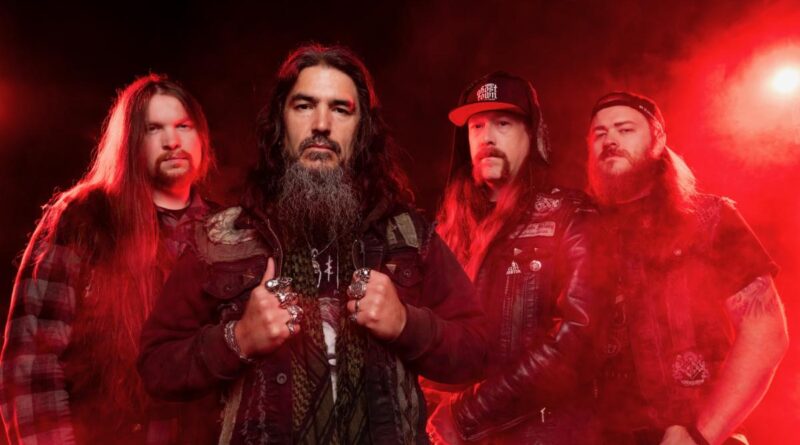
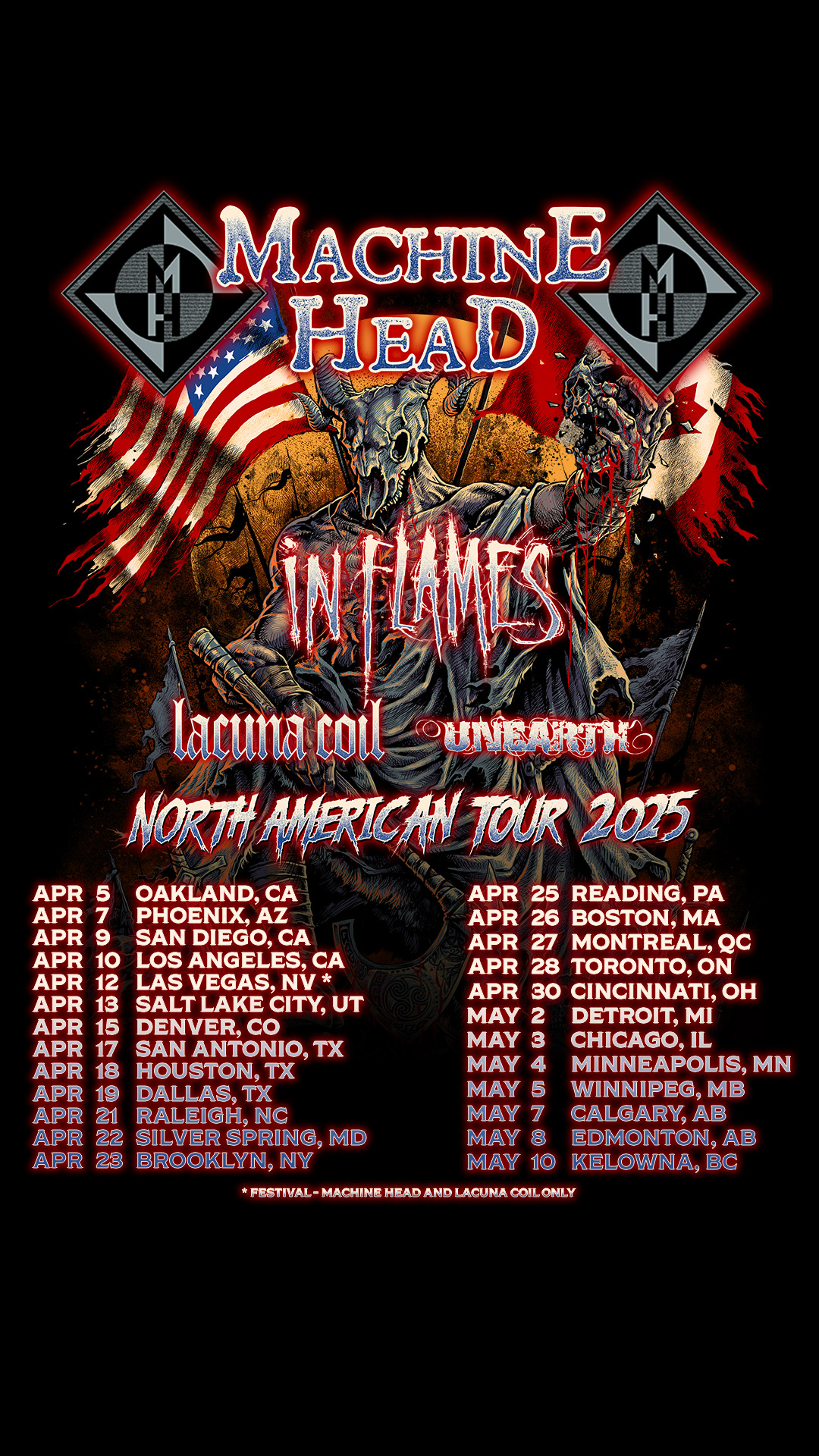




 Blind Channel live @
Blind Channel live @  Blind Channel live @ O2 Academy, Bristol. Photo Credit: Serena Hill Photography
Blind Channel live @ O2 Academy, Bristol. Photo Credit: Serena Hill Photography Lacuna Coil live @ O2 Academy, Bristol. Photo Credit: Serena Hill Photography
Lacuna Coil live @ O2 Academy, Bristol. Photo Credit: Serena Hill Photography Lacuna Coil live @
Lacuna Coil live @ 























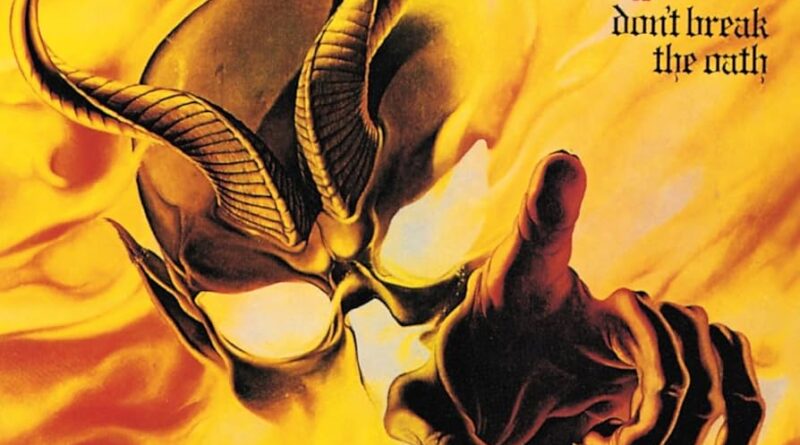
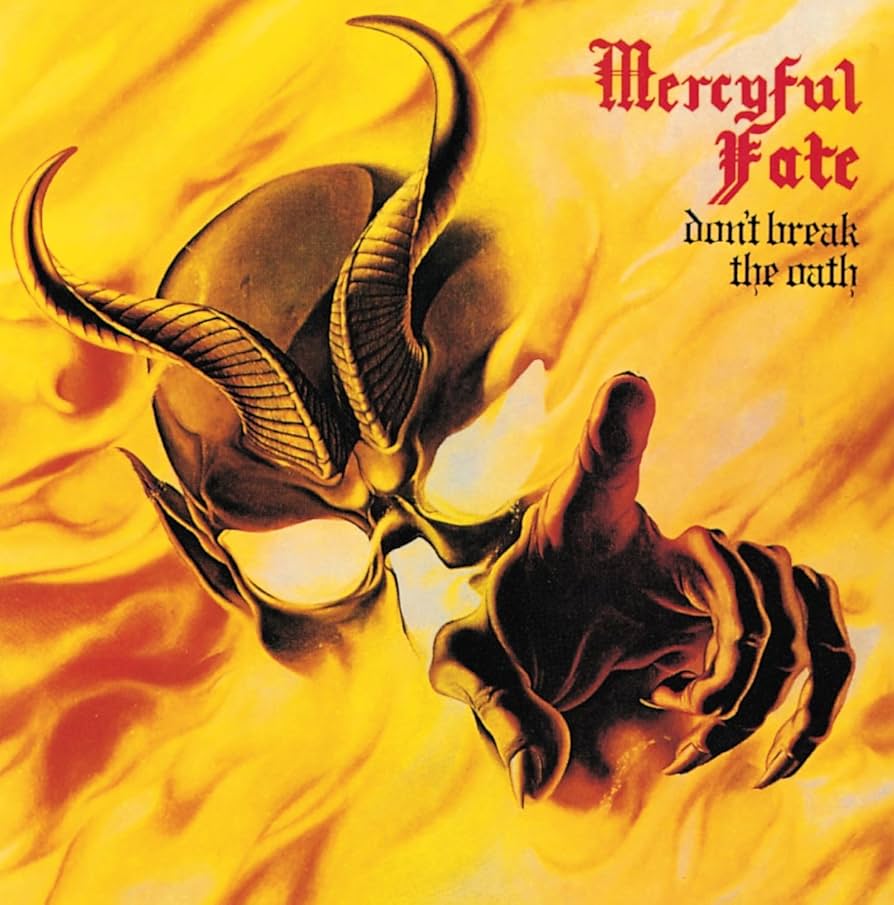

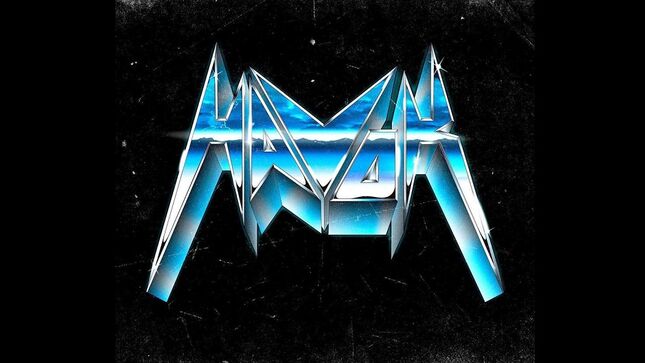
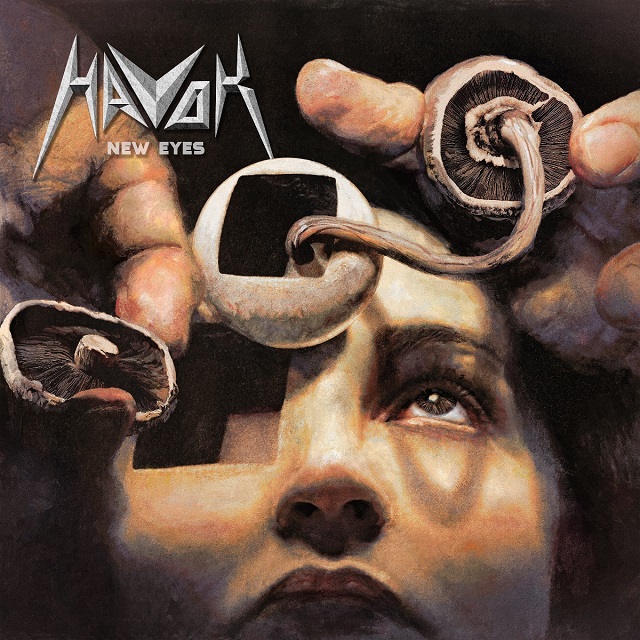

 Schizophrenia live @ The Roundhouse,
Schizophrenia live @ The Roundhouse,  Immolation live @ The Roundhouse, London. Photo Credit: Sarah Tsang
Immolation live @ The Roundhouse, London. Photo Credit: Sarah Tsang Municipal Waste live @ The Roundhouse, London. Photo Credit: Sarah Tsang
Municipal Waste live @ The Roundhouse, London. Photo Credit: Sarah Tsang Cannibal Corpse live @ The Roundhouse, London. Photo Credit: Sarah Tsang
Cannibal Corpse live @ The Roundhouse, London. Photo Credit: Sarah Tsang Cannibal Corpse live @ The Roundhouse, London. Photo Credit: Sarah Tsang
Cannibal Corpse live @ The Roundhouse, London. Photo Credit: Sarah Tsang
































































